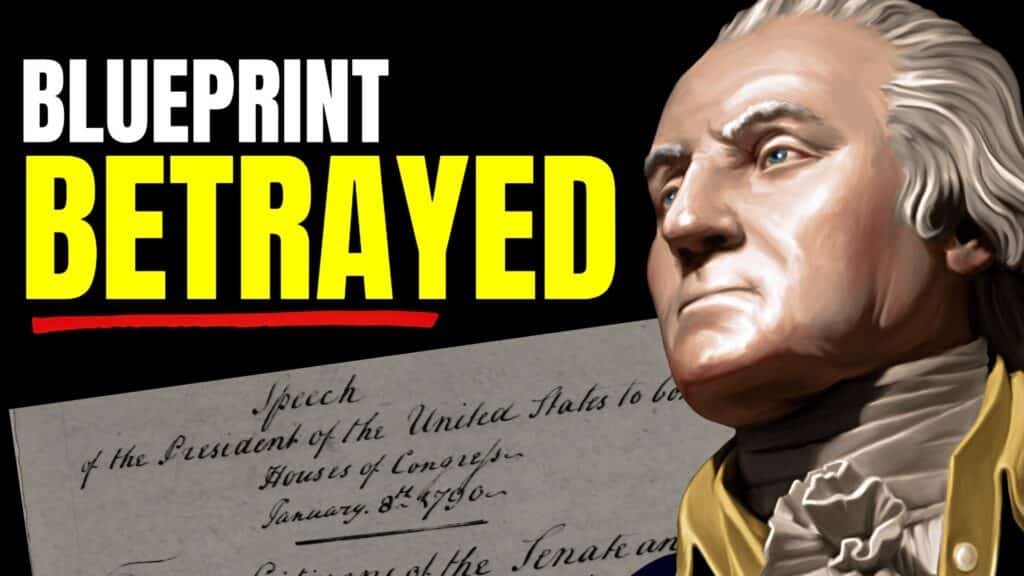Tenther Blog
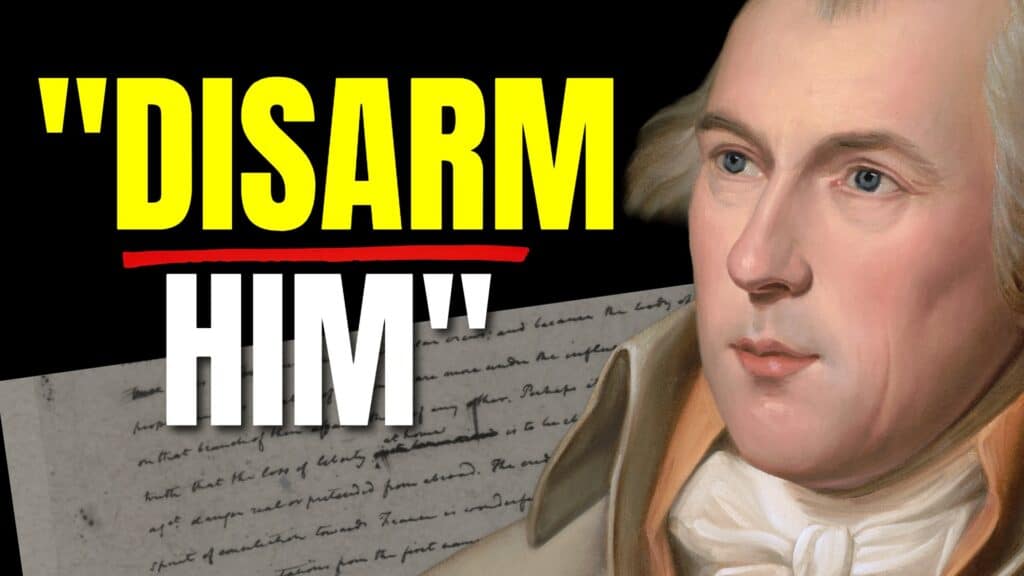
This Isn’t a Presidency. It’s a Throne.

Freedom Isn’t Granted: It’s Exercised and Defended

This Isn’t a Warrant. It’s a Home Invasion.

You’re not Free. You’re Ruled.
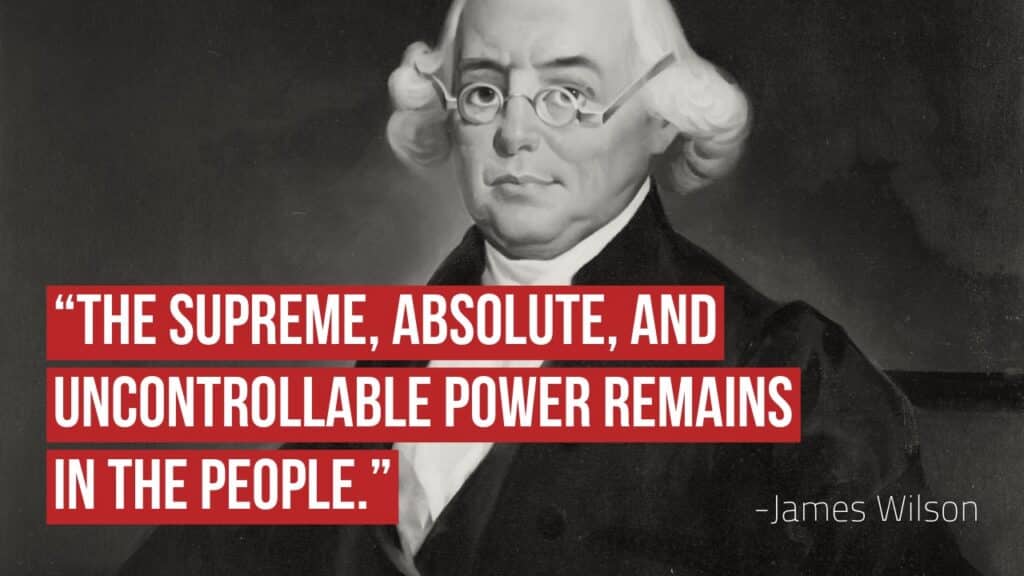
Who’s in Charge? The Founders on Sovereignty

How to Spot a Redcoat: Easy 6-Step Guide
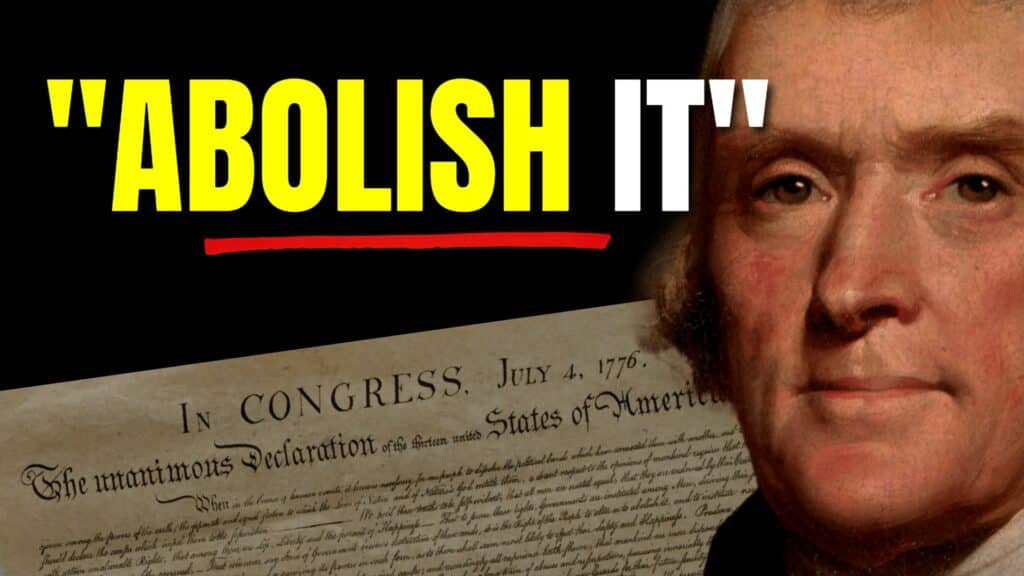
This isn’t America. It’s “Do As You’re Told.”
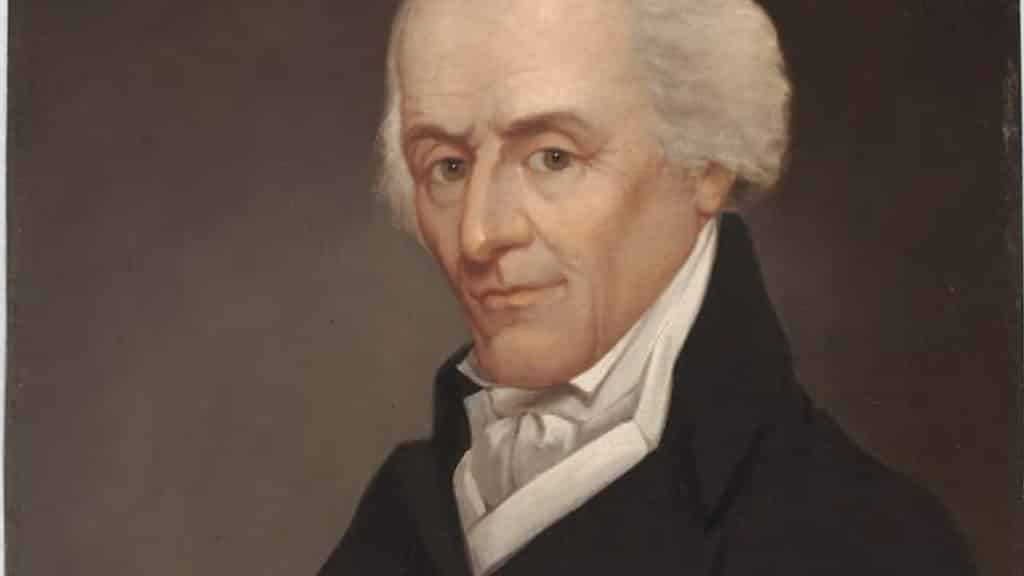
Was Elbridge Gerry the “Federal Farmer”?
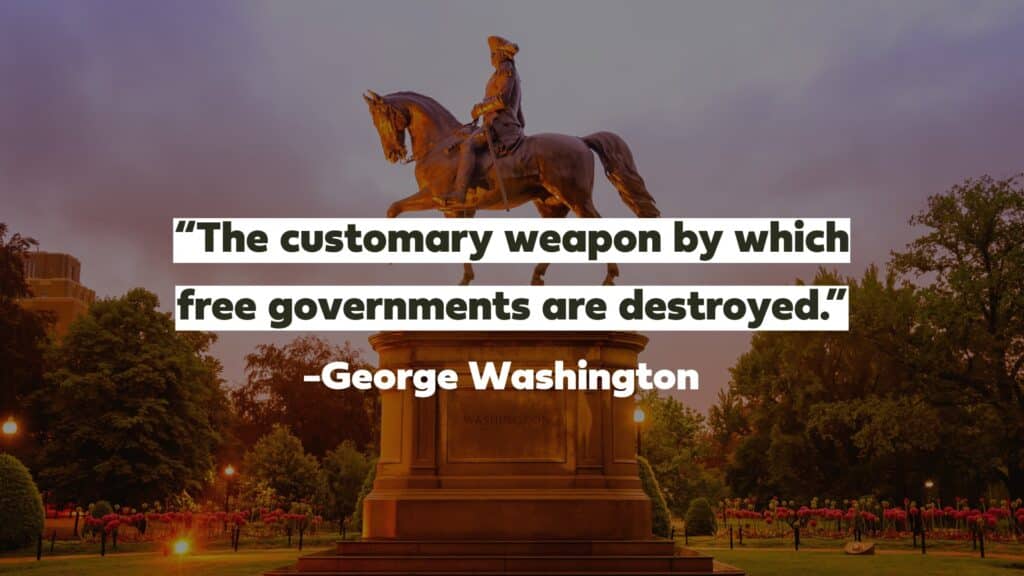
Usurpation: Weapon to Destroy Freedom
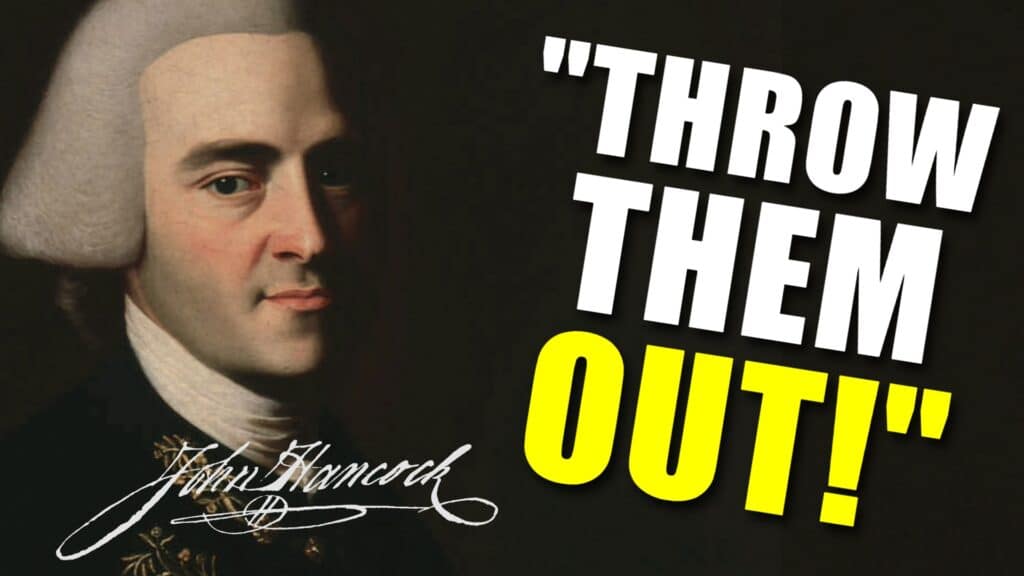
This isn’t Asking Permission. It’s Physical Removal.
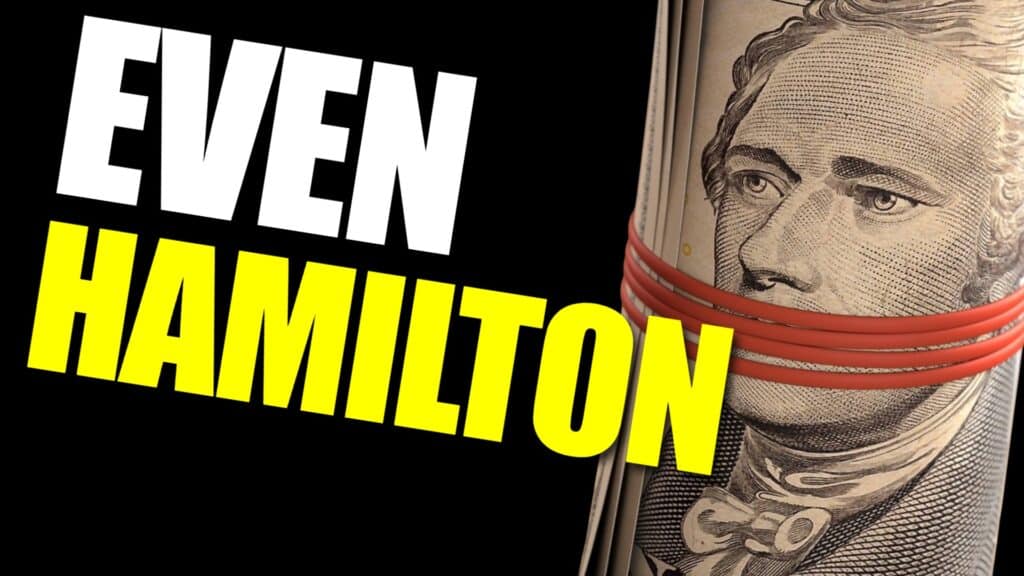
This isn’t Defense. It’s the Constitution Betrayed.

Originalism, Nonoriginalism and Venezuela
